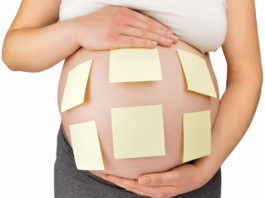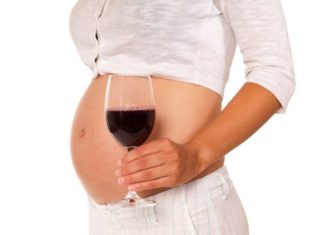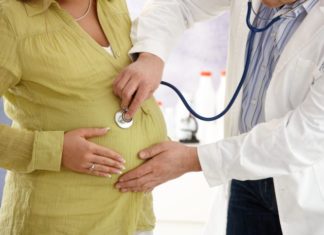Miscarriage perceptions vs. reality: Public understanding not in sync with facts
The majority of Americans inaccurately believe miscarriage is rare and misunderstand its causes, creating an often isolating and guilt-ridden experience for those who experience it. These are the findings in the first-ever national survey...
1 in 10 women drink a little alcohol while pregnant
Researchers in Norway found that negative affectivity is linked to light alcohol use and binge drinking during pregnancy. Results published in Acta Obstetricia et Gynecologica Scandinavica, a journal of the Nordic Federation of Societies...
The consequences of preterm births
An unprecedented study of preterm birth suggests that only some of the problems previously associated with preterm birth are actually caused by preterm birth itself.
The new study by Indiana University Bloomington researchers confirms the...
Reassuring mothers who have flu shot during pregnancy
Researchers from the University of California, San Diego School of Medicine and Boston University, in collaboration with the American Academy of Allergy Asthma and Immunology (AAAAI), have found evidence of the H1N1 influenza vaccine’s...
New hope for women suffering from recurrent miscarriage
A team of researchers, led by the University of Warwick, have published new data that could prove vital for advances in care for women who suffer from recurrent miscarriage.
The recurrent loss of pregnancy through...
Childbirth risks not the same for all obese women
For otherwise healthy women, the increase in risk with obesity may not be as great as previously suspected.
'The increased risk was fairly modest for obese women who did not have conditions such as high...
Paired risk factors in preeclampsia
Although preeclampsia occurs in about 3% of pregnancies, it’s still unforeseen in many cases. A report of new research, now in press at the Journal of Reproductive Immunology, documents how two distinct risk factors...
Is bigger really better when it comes to size of labour wards?
New research reveals that large labor wards—those handling 3,000 to 3,999 deliveries annually—have better overall approval rates compared to small, intermediate or very large obstetric units. The study, appearing in Acta Obstetricia et Gynecologica...
Inducing and Augmenting Labor May be Associated with Increased Risk of Autism
Pregnant women whose labors are induced or augmented may have an increased risk of bearing children with autism, especially if the baby is male, according to a large, retrospective analysis by researchers at Duke...
Restricting food and fluids during labour is unwarranted
Despite the longstanding, widespread practice of restricting women’s food and fluid intake during labor, a large-scale analysis in The Cochrane Library finds no need for these restrictions and supports women eating and drinking as...
- Advertisement -
Sign up to receive the latest parenting news, competitions, health information, baby/child/whole family recipes, play ideas, outings, personal stories and much more.



















